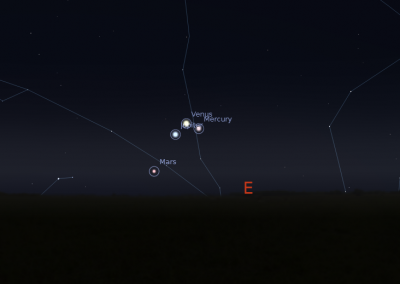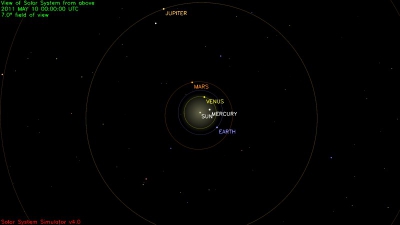Friday, May 20. 2011
MAAS event: Two public presentations tonight by a visiting scientist
Maldivian Association for the Advancement of Science (MAAS) has not held a public event for a few weeks now but we resume with activities this week again with two public presentations scheduled for tonight.
The two presentations are by Dr. K. Sivakumar, Assistant Professor at Faculty of Marine Sciences, Annamalai University (India). He specializes in marine actinobacteria.
This is a research presentation on marine actinobacteria (MAB) and will touch on the following:
- Introduction on Actinobacteria & MAB
- Biotechnological Potentials of MAB
- Indian Research on MAB
- Identification (16S rDNA based) of MAB
- Phylogeography of MAB from Andaman, Nicobar and Gulf of Mannar Islands.
Time: 20:30 PM-21:30 PM
Venue: Auditorium, Mandhu College
This lecture will focus on climate change and world reefs and will touch on the following:
- UNFCCC
- Coral Reefs
- Threats to Coral Reefs
- Climate Change Induced Impacts on Coral Reefs World over
- Darwin Atolls and Climate Change
- Indian reefs
Time: 21:30 PM-22:30 PM
Venue: Auditorium, Mandhu College
Hope to see you there!
The two presentations are by Dr. K. Sivakumar, Assistant Professor at Faculty of Marine Sciences, Annamalai University (India). He specializes in marine actinobacteria.
Marine Actinobacteria from Indian Islands
This is a research presentation on marine actinobacteria (MAB) and will touch on the following:
- Introduction on Actinobacteria & MAB
- Biotechnological Potentials of MAB
- Indian Research on MAB
- Identification (16S rDNA based) of MAB
- Phylogeography of MAB from Andaman, Nicobar and Gulf of Mannar Islands.
Time: 20:30 PM-21:30 PM
Venue: Auditorium, Mandhu College
Climate Change and World Reefs
This lecture will focus on climate change and world reefs and will touch on the following:
- UNFCCC
- Coral Reefs
- Threats to Coral Reefs
- Climate Change Induced Impacts on Coral Reefs World over
- Darwin Atolls and Climate Change
- Indian reefs
Time: 21:30 PM-22:30 PM
Venue: Auditorium, Mandhu College
Hope to see you there!






